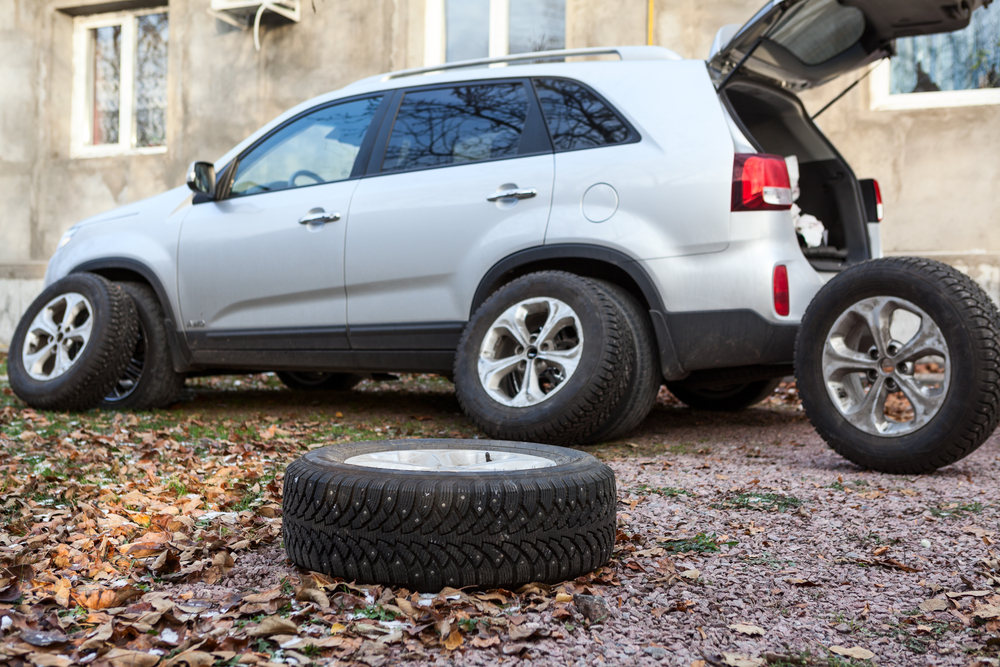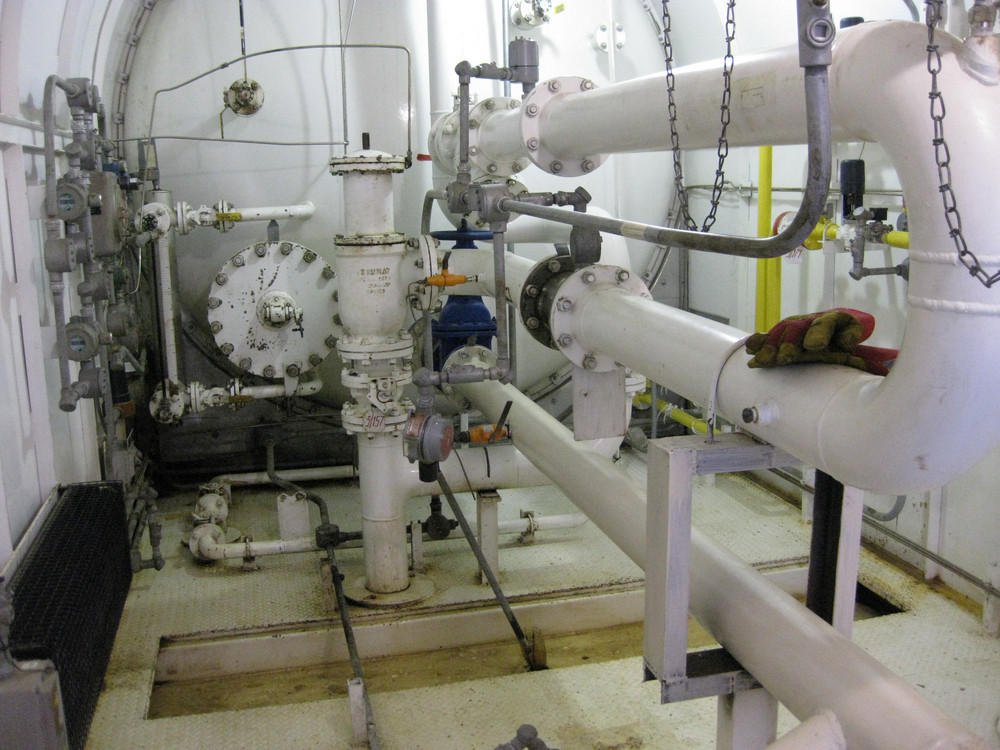A car accident is both traumatic and stressful. While dealing with the physical and emotional toll, the last thing you’ll be worried about is protecting your finances. Whether it’s repairing your car, paying for medical bills, or losing wages, the financial consequences of a car accident can be significant. That’s why it’s essential to take steps to protect your finances after being in a car accident.
1. Seeking Legal Help After a Car Accident
After a car accident, it can be challenging to defend your rights and protect your assets alone, which is why it is recommended you contact a reputable Tampa truck accident lawyer (or one in your area). Insurance companies may prioritize their interests over yours, and you’ll probably need to file a claim. Remember, you likely won’t have to rush this process as, in most cases, you’ll have up to three years to file a claim, which gives you time to consult with a lawyer if necessary.
2. Gather Accurate Information and Preserve Evidence
When gathering information or making statements, it’s crucial to be as clear and accurate as possible. Photographs of damaged vehicles, passengers, and the accident scene are highly recommended. If you don’t have a camera or phone, write down and describe the crash in detail. Note down traffic and weather conditions to avoid potential fraud. In the aftermath of a car accident, preserving the crashed vehicle is essential. That means keeping your car in the condition it was at the time of the accident. If you’re not seriously injured, but your vehicle is damaged, contact the police immediately. Providing complete and accurate information will help preserve your assets and determine important facts about the accident, which is crucial if you wish to pursue a claim for no-fault accident as it may help you to prove your innocence. Let the police handle the job of collecting information while you focus on recovering from the traumatic experience.
An important thing to note after an accident is the type of road you were driving on when it happened. Only five percent of U.S. paved roads are rigid pavements. This means the majority are made up of asphalt or other flexible materials that can be more susceptible to damage and wear and tear, leaving you needing to make costly repairs.
3. Practical Preventative Options
Don’t wait for an accident to ensure your finances are protected in the event of a car accident. There are some simple preventative steps you can take today. Electric vehicles (EVs) are becoming increasingly popular. Not only are they eco-friendly, but some high-end models can get over 330 miles on a single charge, making them a practical option for long-distance travel. While the initial cost of an EV may be higher than a gas-powered vehicle, the long-term savings on fuel costs can offset the cost difference. By choosing an EV, you’ll save money on gas and reduce your carbon footprint, all while protecting your finances in case of an accident.
4. Umbrella Options
Title every car in your household in the driver’s name only. If you or your spouse cause an accident while driving a vehicle titled in your name, you risk a plaintiff coming after your assets, your spouse’s, and any shared assets. On the other hand, if the car is titled in the driver’s name, a plaintiff can only come after individually owned assets. Another effective way to protect your assets is to purchase an umbrella liability insurance policy. A serious car accident can cost huge amounts of money, and your auto insurance policy may not be enough to cover them all. An umbrella policy can pay the extra damages, providing peace of mind.
There are many ways to proactively protect your finances and plan ahead. Remember to do the proper research to get the help you need. If you find yourself in an accident, follow these tips.
Read More:






